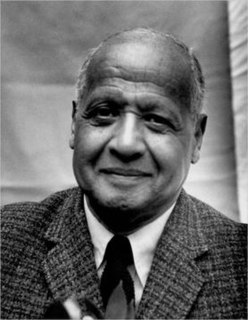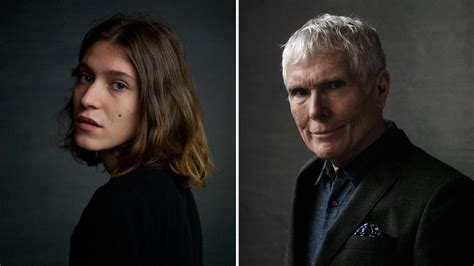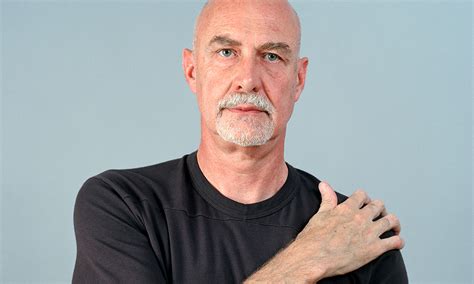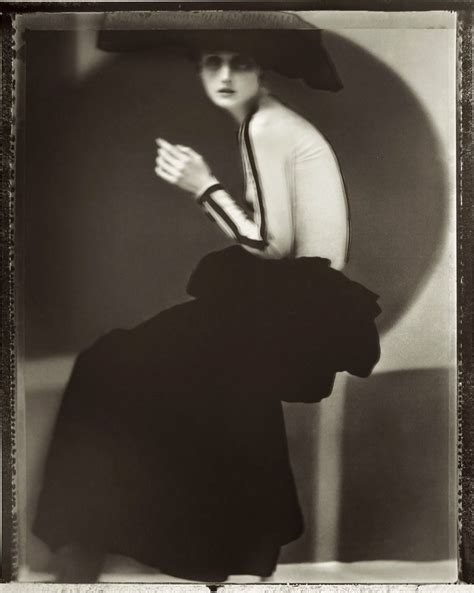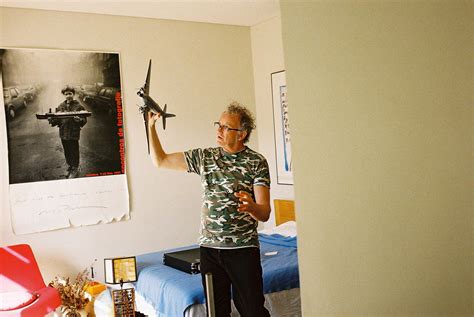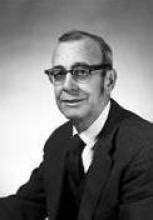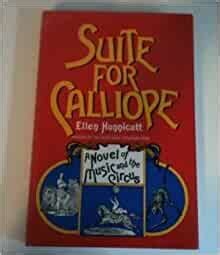A Quote by Roy DeCarava
For me, photography must be visual, rather than intellectual and ideological.
Quote Topics
Related Quotes
Usually in theater, the visual repeats the verbal. The visual dwindles into decoration. But I think with my eyes. For me, the visual is not an afterthought, not an illustration of the text. If it says the same thing as the words, why look? The visual must be so compelling that a deaf man would sit though the performance fascinated.
Even more ominous ... is the fact that since the Second World War a new kind of intellectual has emerged in large numbers. ... he is only minimally interested in the proper intellectual significance of images and objects. Such people are not really intellectuals, but visuals ... A visual is more interested in style than in content ... A visual does not feel a rioting crowd being machine-gunned by the police, he simply sees a brilliant news photograph.
The largest cultural menace in America is the conformity of the intellectual cliques which, in education as well as the arts, are out to impose upon the nation their modish fads and fallacies, and have nearly succeeded in doing so. In this cultural issue, we are, without reservations, on the side of excellence (rather than "newness") and of honest intellectual combat (rather than conformity).
The challenge for me has first been to see things as they are, whether a portrait, a city street, or a bouncing ball. In a word, I have tried to be objective. What I mean by objectivity is not the objectivity of a machine, but of a sensible human being with the mystery of personal selection at the heart of it. The second challenge has been to impose order onto the things seen and to supply the visual context and the intellectual framework - that to me is the art of photography.
[My photography teacher] gave me the Mexican Day Books of Edward Weston and just blew me away with this work. The fact that you could be this fabulous visual artist, with all this milieu of people like Diego Rivera and you could sleep with these gorgeous, amazing women, that you could live that life - that photography could deliver you that life.
